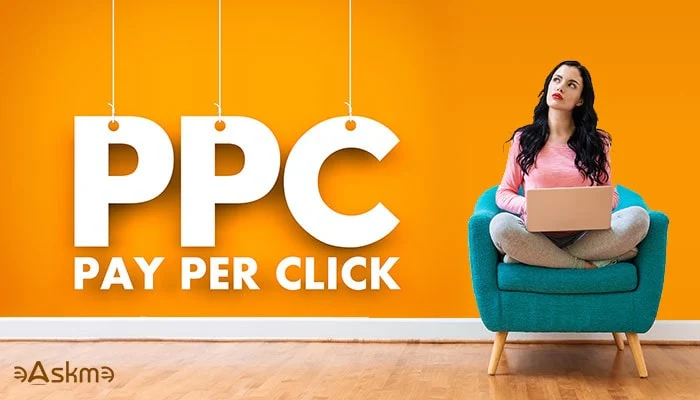If you are new to the business world, it is only natural that you want to find creative ways to compete with established companies.
Unfortunately, if your creative way of competing is ignoring one of the best money-making opportunities available, you'll be dropping some major profits on the table.
 |
| 10 Beginner PPC Mistakes to Avoid: eAskme |
What is PPC?
PPC, or pay-per-click, advertising is a form of online advertising where you only pay when someone clicks on your ad.
This can be a great way to get your business in front of potential customers who are already interested in what you offer.
However, if you're not doing it correctly, you could be wasting a lot of money on ads that no one is clicking on.
10 PPC Mistakes Beginners Make:
Beginners tend to make many mistakes when it comes to PPC advertising. Here are 10 of the most common ones:Not Using Different Types of Ads:
It is important to experiment with different types of ads until you find the best ones for your target audience.
You could start using text-based ads, but these might not draw enough attention for some people to click on them.
Try using different visuals, including videos, to see which ones get the most response.
Not Targeting the Right Audience:
About one in four clicks on ads is completely accidental.
This occurs when someone types the wrong web address into the browser or has their ad blockers turned on.
Therefore, when you are creating your ads, you should always have a specific target market in mind to focus your advertising efforts towards people who are more likely to want what you're offering.
Not Setting a Budget:
One of the beginners' biggest mistakes is not setting a budget for their PPC campaigns.
Without a budget, you'll have no way to track how much money you're spending on advertising or whether you're making a profit.
Not Tracking Results:
It's also important to track your results to determine which ads are working and which ones need to be improved or discontinued.
Use a tool like Google AdWords to track how many people clicked on your ad, their interests, and how much money you spent on the campaign.
Not Creating Ads That Stand Out:
With so much advertising noise online, it's more important than ever to create ads that stand out from the competition.
First, put yourself in your customers' shoes and think about how you would respond to your ad if you were looking for what your business offers.
Then, a glance at an ad or two before you create one of your own - does it make sense? Does it accurately represent the product it is promoting?
Not Using Keywords Effectively:
Keywords are the words and phrases your customers would type into Google or another search engine to find you.
Therefore, you should always research which keywords your target audience is using so that you can use those same words in your ad copy.
Not Targeting Mobile Users:
More people than ever access the internet from mobile devices, including smartphones and tablets.
Since most smartphones don't show ads, you'll miss out on any potential customers who only use mobile devices to search for information.
Make sure your ads are designed for mobile devices so you can reach as many potential customers as possible.
Not Creating Engaging Ads:
If your ads are dull and uninteresting, people will be less likely to click on them.
This is why it's important to create engaging ads and feature fun or interesting content.
It could be a product demonstration, a before-and-after image, a quick video, or something else that will make people want to know more about your business.
Not Using Ad Extensions:
Most newbies don't realize that you can add extensions to your ads within certain parameters to get more traffic from the same ad.
According to Wordstream, there are over 35 different extensions available for small businesses with websites that include callout extensions, sitelink extensions, and social extensions.
Not Retargeting Your Audience:
Retargeting is a marketing term that means to show ads on other websites or platforms to people who have previously visited your website.
This is done by using the Google AdWords remarketing tool, which stores cookies in users' browsers when they visit your site.
Then, when they are on other sites where retargeting ads are showing, these same people will see them for up to 30 days after their initial visit.
Conclusion:
As you can see, beginners make several mistakes when advertising on PPC.
However, by avoiding these mistakes and following this advice, you'll be on your way to creating successful campaigns in no time!
Still have any question, do share via comments.
Share it with your friends and family.
Don't forget to join the eAskme newsletter to stay tuned with us.
Other handpicked guides for you;










